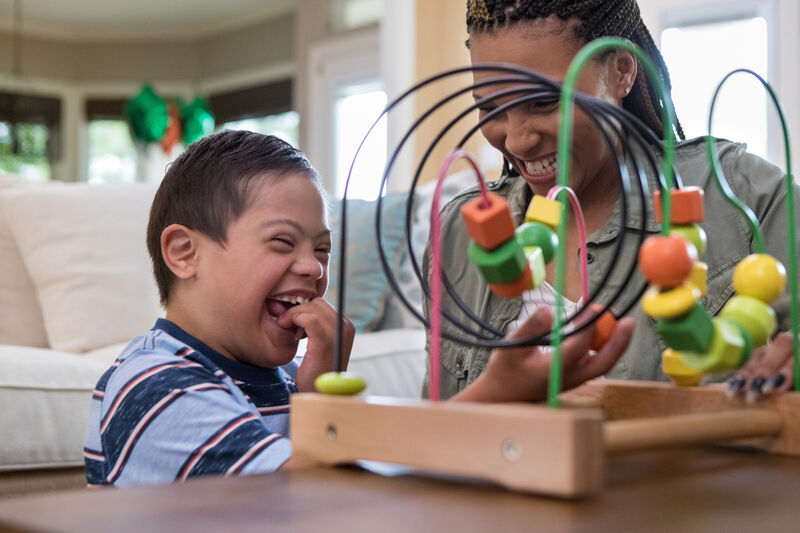Speak to your child’s medical and care professionals
There are lots of people involved in your child’s care who can help you come to a decision that’s right for them:
- Speak about your child’s specific situation with the medical professionals who care for your child, such as their GP, therapist or consultant paediatrician.
- If your child is in nursery or other childcare setting, meet with their carers to see if they feel your child is ready for school.
- If your child has a social worker, ask for their input.
- If your child has an Educational Health Care Plan (EHCP), Health Care Plan or Coordinated Support Plan in place, talk with their SENDCo who will be able to give you more information.
Some children’s extra needs may not be obvious until they start school. You may find you need to talk to other medical professionals such as occupational therapists, psychologists or speech and language therapists. They can help with things such as sensory processing and pencil skills.
Tour primary schools and speak to headteachers
Before visiting primary schools and speaking with teachers, you can decide if you want to tell them that your child was born premature. Some parents choose not to share this because they feel teachers may have lower expectations of their child.
However, if teachers know that a child was born premature, it may help them identify the needs that are more common in preterm children, and provide better support. Having this information on record will also allow schools to better support your child with any transition to new settings.
Try to visit the primary schools that you are interested in sending your child to. If you are comfortable sharing information about your child’s premature birth, talk with senior staff there. Ideally, try to speak with the headteacher or SENDCo, about how they would support your child.
Your local council may also have SEND Local Offer programme. This is a collection of information and local support for children with special educational needs and disabilities and their parents. Search for ‘SEND Local Offer’ and the name of your local council to see if this is available in your area.
If your child has a Community Occupational Therapist, they may also be able to visit the schools. They can assess the environment in relation to your child’s needs and help you to make a decision.
Teachers are trained to work with children of different abilities, including those with special educational needs and disabilities. The school should be able to provide the support your child needs if they know about their situation.
Consider the best way to support your child
If you do choose to delay or defer your child’s entry to school, it is important to think about how they will be supported in their learning and socialisation (learning to mix with other children) ahead of starting school.
They may continue in a nurturing nursery environment. Or you might be able to support them well with their development at home, giving them lots of opportunities to socialise with other children.
If these options are not available, it may be that school is the best place for them to access all the support that they need with their learning, emotional and social development.
Studies have shown that children born premature whose school entry was delayed did not perform better. This means it doesn’t always make sense to delay their school place. In some cases it may even be a disadvantage to their development.
Rebecca, mother to her two sons, born at 30 weeks and full-term, had to say:
“Starting school after your child is born premature is a daunting task. It is vital that you voice any concerns to your child’s class teacher so they can work in partnership with you as a family so your child has the very best start in school.”


